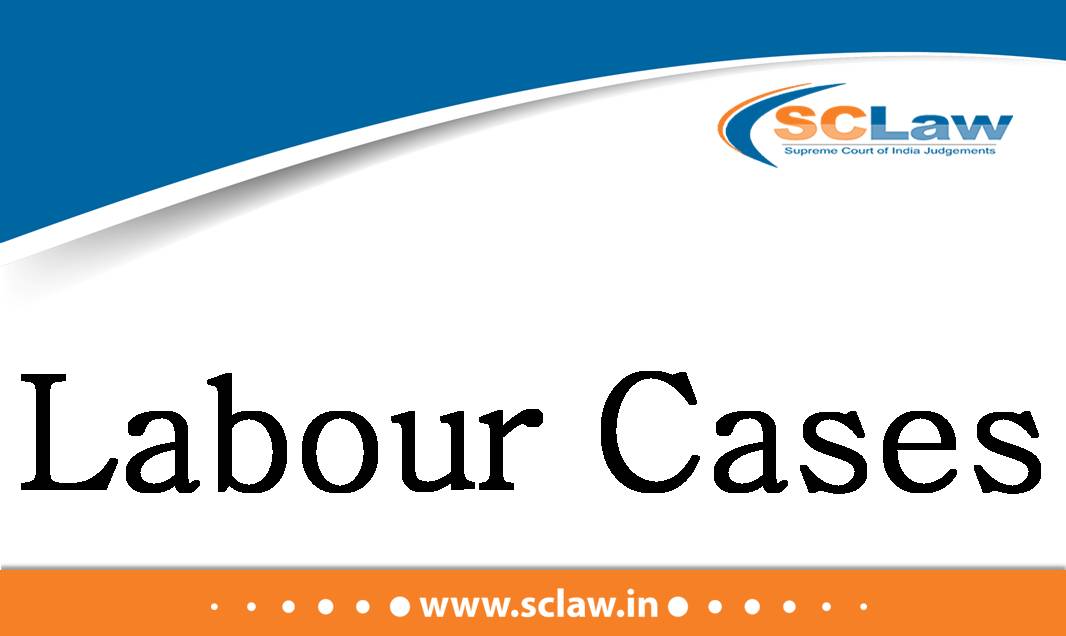Irretrievable breakdown of marriage – Husband and wife had lived together only for 40 days – It takes time to settle down in marriage – Petition dismissed.
SUPREME COURT OF INDIA DIVISION BENCH DELMA LUBNA COELHO — Appellant Vs. EDMOND CLINT FERNANDES — Respondent ( Before : Rajesh Bindal and Aravind Kumar, JJ. ) Transfer Petition (C)…








